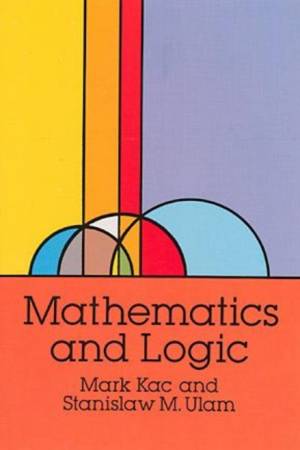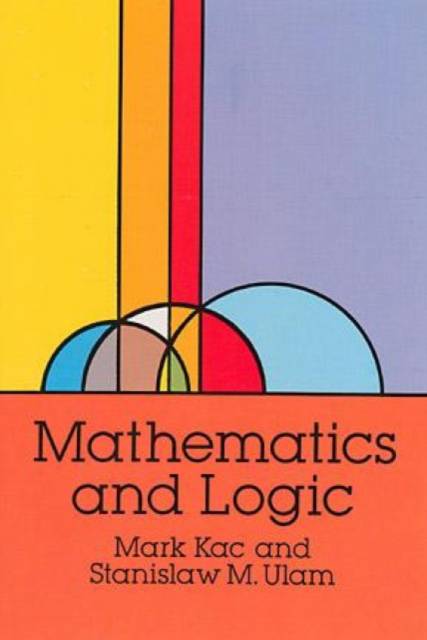
- Retrait gratuit dans votre magasin Club
- 7.000.000 titres dans notre catalogue
- Payer en toute sécurité
- Toujours un magasin près de chez vous
- Retrait gratuit dans votre magasin Club
- 7.000.000 titres dans notre catalogue
- Payer en toute sécurité
- Toujours un magasin près de chez vous
Description
What is mathematics? How was it created and who were and are the people creating and practicing it? Can one describe its development and role in the history of scientific thinking and can one predict the future? This book is a thought-provoking attempt to answer such questions and to suggest the scope and depth of the subject.
The volume begins with a discussion of problems involving integers in which ideas of infinity appear and proceeds through the evolution of more abstract ideas about numbers and geometrical objects. The authors show how mathematicians came to consider groups of general transformations and then, looking upon the sets of such subjects as spaces, how they attempted to build theories of structures in general. Also considered here are the relations between mathematics and the empirical disciplines, the profound effect of high-speed computers on the scope of mathematical experimentation, and the question of how much mathematical progress depends on "invention" and how much on "discovery." For mathematicians, physicists, or any student of the evolution of mathematical thought, this highly regarded study offers a stimulating investigation of the essential nature of mathematics.
The volume begins with a discussion of problems involving integers in which ideas of infinity appear and proceeds through the evolution of more abstract ideas about numbers and geometrical objects. The authors show how mathematicians came to consider groups of general transformations and then, looking upon the sets of such subjects as spaces, how they attempted to build theories of structures in general. Also considered here are the relations between mathematics and the empirical disciplines, the profound effect of high-speed computers on the scope of mathematical experimentation, and the question of how much mathematical progress depends on "invention" and how much on "discovery." For mathematicians, physicists, or any student of the evolution of mathematical thought, this highly regarded study offers a stimulating investigation of the essential nature of mathematics.
Spécifications
Parties prenantes
- Auteur(s) :
- Editeur:
Contenu
- Nombre de pages :
- 192
- Langue:
- Anglais
- Collection :
Caractéristiques
- EAN:
- 9780486670850
- Date de parution :
- 01-05-92
- Format:
- Livre broché
- Format numérique:
- Trade paperback (VS)
- Dimensions :
- 144 mm x 209 mm
- Poids :
- 208 g







